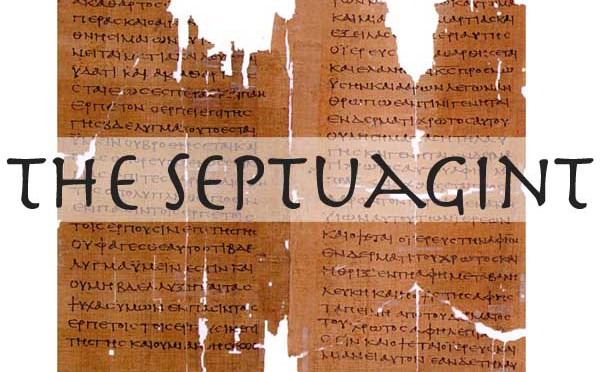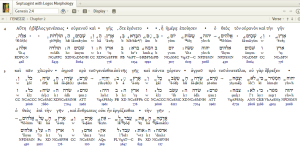Simply put, the Septuagint is the Ancient Greek translation of the even more Ancient original Hebrew Old Testament scriptures.
Many times the quotes of the New Testament Apostles are from the Septuigint translation of the Old Testament.
Source: GotQuestions.org
Question: “What is the Septuagint?”
Answer: The Septuagint (also known as the LXX) is a translation of the Hebrew Bible into the Greek language. The name “Septuagint” comes from the Latin word for seventy. The tradition is that 70 (or 72) Jewish scholars were the translators behind the Septuagint. The Septuagint was translated in the third and second centuries B.C. in Alexandria, Egypt. As Israel was under the authority of Greece for several centuries, the Greek language became more and more common. By the 2nd and 1st centuries B.C., most people in Israel spoke Greek as their primary language. That is why the effort was made to translate the Hebrew Bible into Greek – so that those who did not understand Hebrew could have the Scriptures in a language they could understand. The Septuagint represents the first major effort at translating a significant religious text from one language into another.
It is interesting to note that many of the New Testament quotes from the Hebrew Bible are taken from the Septuagint. As faithful as the Septuagint translators strived to be in accurately rendering the Hebrew text into Greek, some translational differences arose. In comparing the New Testament quotations of the Hebrew Bible, it is clear that the Septuagint was often used. This is the result of the fact that by the late 1st century B.C., and especially the 1st century A.D. – the Septuagint had “replaced” the Hebrew Bible as the Scriptures most people used. Since most people spoke and read Greek as their primary language, and the Greek authorities strongly encouraged the use of Greek, the Septuagint became much more common than the Hebrew Old Testament. The fact that the Apostles and New Testament authors felt comfortable, under the direction of the Holy Spirit, in using the Septuagint should give us assurance that a translation of the original languages of the Bible is still the authoritative Word of God.










